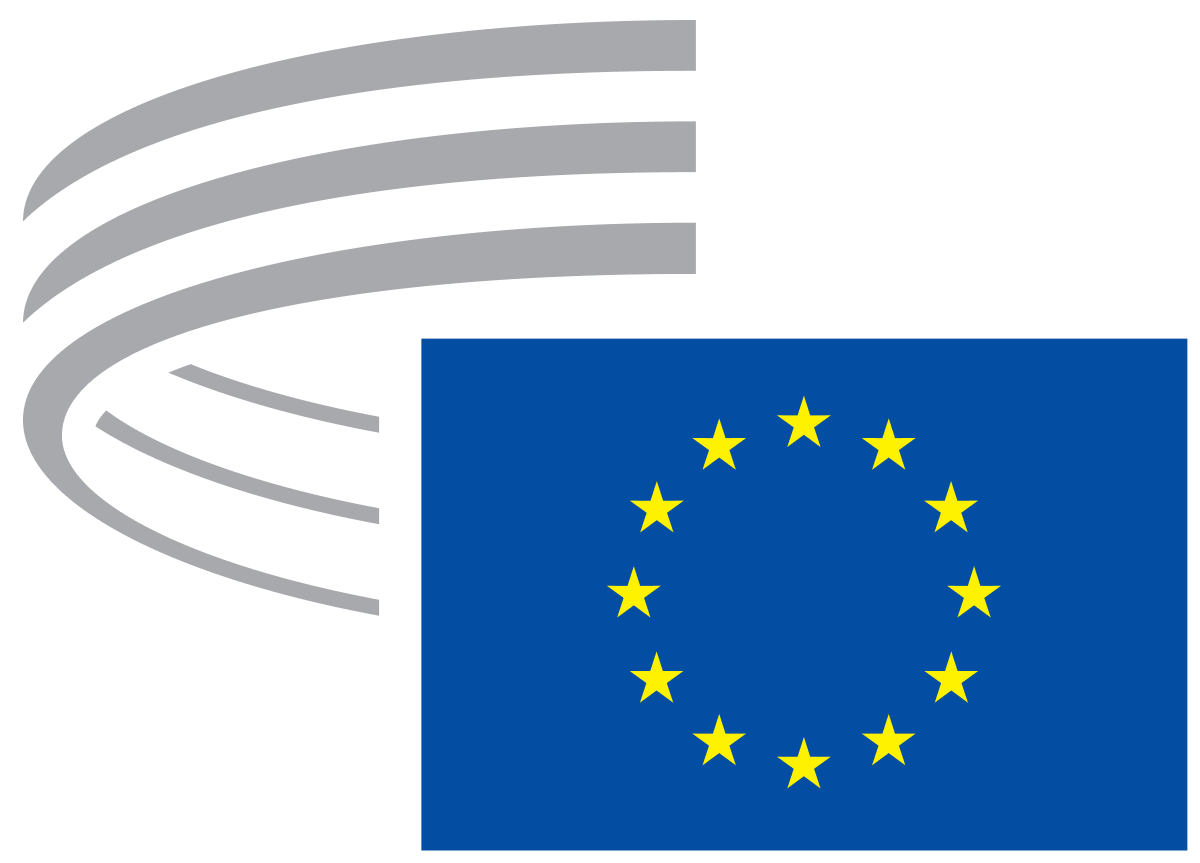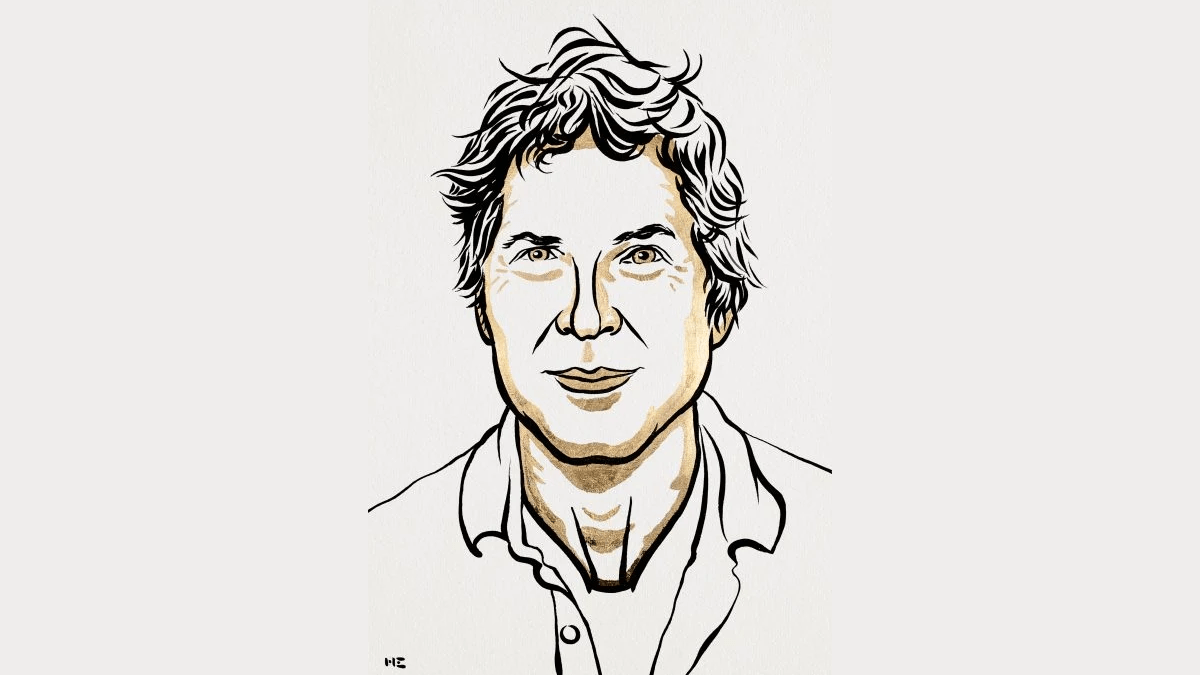Politics
EESC proposes concrete recommendations for building a resilient and sustainable food system for the future

The European Economic and Social Committee (EESC) has laid out a bold vision for transforming the EU’s agriculture, fisheries, and food systems to better withstand crises while ensuring sustainability. The opinion “Fostering sustainable and resilient food systems in times of crisis,” requested by the Hungarian presidency, was adopted at the October plenary. By focusing on food security, fair income for producers, environmental resilience, and the next generation of food producers, these proposals offer a clear path for the EU to build a food system that not only survives continuous challenges and crisis but thrives in the long term.
The EESC envisions a food system that is competitive, crisis-proof, and aligned with EU environmental and social objectives. “Ensuring stable, sustainable incomes for producers is essential, as is fostering a knowledge-based food policy that encourages innovation” said Arnold Puech d’Alissac, President of the World Farmers Organisation and one of the three rapporteurs of the opinion. To support this vision, the EESC calls for a new policy model to strengthen the farming sector’s bargaining position in the food chain when it comes to price negotiations as well as an increase in the budget for adequate financing of EU agriculture and fisheries.
EESC insists that future trade agreements should incorporate the Green Deal and Farm to Fork standards to ensure fair competition and maintain high food quality, aligning global trade with the EU’s sustainability goals.
“Ensuring fair income for primary producers is critical,” noted Piroska Kállay, rapporteur from Hungary. ”We need to see farmers as part of the solution and not part of the problem”, she added. Stricter enforcement of unfair trading practices and the standardization of their enforcement at the EU level as well as the introduction of a ban on below-cost selling, are necessary steps to rebalance power in the food supply chain.
To sustain the food system for future generations, the EESC advocates for policies that promote generational renewal, particularly targeting young people and women. This includes education, training, and support for cooperatives and community-assisted agriculture, which build resilience by distributing economic risks and benefits more equitably among producers.
The EESC also recommends rewarding carbon sequestration efforts in agriculture, such as sustainable soil management, while implementing policies to prevent carbon leakage. ”These measures would help align food production with the EU’s climate targets and global environmental commitments,” said Joe Healy, rapporteur from Ireland.
In response to the growing threat of climate-related disasters, the EESC proposes an EU-wide system of public insurance, backed by public investment, to protect producers from natural disasters like floods or crop failures, ensuring continuity in food supply.
Sustainable management of soil and water is essential for long-term productivity. The EESC urges policies that regenerate and restore soil health, increase water efficiency and reduce water usage, —critical steps in maintaining resilience against climate pressures.
Additionally, the EESC calls for reducing red tape throughout the food chain to streamline processes and increase transparency. Regulating trade flows and establishing a digitized data center for price and cost tracking will help avoid market disruptions and enhance transparency in food supply chains.
Finally, the EESC reiterates its previous proposals for establishing a European Food Policy Council (EFPC) to strengthen dialogue on food-related issues. This platform would bring together diverse stakeholders to align food policy with broader social and environmental objectives, ensuring a cohesive approach to the EU’s food systems. The EESC notes with satisfaction the similar proposal in the report of the strategic dialogue on the future of EU agriculture.
The EESC’s proposals provide a comprehensive roadmap for strengthening the EU’s food systems, making them more resilient, sustainable, and equitable in the face of growing global challenge. (ks)
Politics
Malware targeting millions of people taken down by international coalition


© FRVS+MPCP 2022. The European Times® News is registered as an EU Trademark. All rights reserved. The European Times® and the logo of The European Times® are EU trademarks registered by FRVS+MPCP.
Members/Partners of

About Us
Popular Category
DISCLAIMER OPINIONS: The opinions of the authors or reproduced in the articles are the ones of those stating them and it is their own responsibility. Should you find any incorrections you can always contact the newsdesk to seek a correction or right of replay.
DISCLAIMER TRANSLATIONS: All articles in this site are published in English. The translated versions are done through an automated process known as neural translations. If in doubt, always refer to the original article. Thank you for understanding.
DISCLAIMER PHOTOS: We mostly used photos images that are readily available online, from free sources, or from the people promoting the news. If by any chance it happens that we have used one of your copyrighted photos, please do not hesitate to contact us and we will take it down without question. We do not make profits as this is a not for profit project to give voice to the voiceless while giving them a platform to be informed also of general news, and it is completely free.
Editor Picks
Politics
World Day for Audiovisual Heritage: preserving meaningful moments

The World Day for Audiovisual Heritage is observed on 27 October to raise awareness about the significance and preservation risks of audiovisual materials.
Audiovisual archives serve as powerful storytellers, capturing the lives, cultures and histories of people from all over the world. They represent a priceless heritage which is an affirmation of our collective memory and a valuable source of knowledge, reflecting the cultural, social, and linguistic diversity of our communities. These archives not only deepen our understanding of the past but also help us appreciate the world we share today.
Conserving this rich heritage and ensuring it remains accessible to the public and future generations is thus vital. Historically, information was preserved through photographs, sheet music and books. Modern technology has revolutionised this process, allowing us to now record and share important moments through sound and video using different apps. Platforms like music streaming services, video-sharing sites and social media act as modern-day archives, storing a wide variety of audiovisuals.
The EU utilises different platforms and depositories for storing and sharing audiovisual content. Among them, the Audiovisual Library of the European Commission functions as central deposit for audiovisual materials intended for external communication, produced or purchased by Commission services. The library is responsible for the management, preservation, and accessibility of the collective audiovisual memory of the European integration process, available in both English and French. Since 1948, the library has catalogued over 250 000 videos, 500 000 photos and 8 500 audio recordings, covering all major steps of EU history. The collection continues to grow and is accessible to the public via the Audiovisual Portal.
In addition, Europeana is a web portal that aggregates audiovisual materials from over 2000 different institutions across Europe. This includes libraries, museums, archives, galleries and others, offering its users a unique opportunity to access a diverse range of content online.
The EU is committed to safeguarding and enhancing Europe’s cultural heritage through numerous policies and programmes. By preserving audiovisual heritage such as films, recordings, and photographs, we ensure that future generations can experience the richness of our shared past. Protecting audiovisual heritage is not just about safeguarding memories, but about keeping cultural diversity alive and accessible for all.
For more information
European Commission’s Audiovisual Service
Audiovisual Portal
The Audiovisual Library: Europe’s living audiovisual memory (video)
Europeana
World Day for Audiovisual Heritage
Source link
Politics
MSCA researcher David Baker wins 2024 Nobel Prize in Chemistry

Dr Krausz has supervised MSCA postdoctoral researchers and coordinated several MSCA projects over the past two decades, including NICOS, ALPINE or ATTOTRON.
Both L’Huillier and Krausz obtained funding and cooperated through the MSCA doctoral training network ATTOFEL, and trained and supervised a number of doctoral researchers.
They also received funding through several projects funded under FP6, the 6th EU’s research and innovation programme.
2022
Nobel Prize in Physics, awarded to former MSCA supervisors Alain Aspect and Anton Zeilinger, alongside John F. Clauser, “for experiments with entangled photons, establishing the violation of Bell inequalities and pioneering quantum information science”.
Nobel Prize in Chemistry, awarded to former MSCA supervisor Morten Meldal, alongside Carolyn R. Bertozzi and K. Barry Sharpless, “for the development of click chemistry and bioorthogonal chemistry”.
2021
Nobel Prize in Chemistry, awarded to former MSCA supervisors Benjamin List and David MacMillan for their development of organocatalysis, a new precise tool for molecular construction described as “an ingenious tool for building molecules”.
2020
Nobel Prize in Chemistry, awarded to Emmanuelle Charpentier (Max Planck Unit for the Science of Pathogens), an MSCA alumna and principal investigator involved in the training of young researchers in the field of genomics in the MSCA project ENLIGHT-TEN ITN.
Dr Charpentier received the award alongside Dr Jennifer A. Doudna “for the development of a method for genome editing”, CRISPR/Cas9.
2017
Nobel Prize in Physics, awarded for the work of Rainer Weiss, Barry C. Barish and Kip S. Thorne “for their decisive contributions to the LIGO detector and the observation of gravitational waves”.
The MSCA project GraWIToN involved nine MSCA fellows who contributed to the preparation of the data on gravitational waves.
Nobel Prize in Chemistry, to Richard Henderson (Medical Research Council), the coordinator of the MSCA project Membrane Proteases. His work was honoured along with Jacques Dubochet and Joachim Frank “for developing cryo-electron microscopy for the high-resolution structure determination of biomolecules in solution”.
2016
Nobel Prize in Chemistry, awarded to Bernard Feringa, Jean-Pierre Sauvage and J. Fraser Stoddart. Bernard Feringa (University of Groningen) was in charge and supervisor of several MSCA projects such as ALERT while Jean-Pierre Sauvage (University of Strasbourg) was the supervisor for the MSCA projects NANO-PRESSES and FEMOS.
They received the Nobel Prize in Chemistry along with J. Fraser Stoddart “for the design and synthesis of molecular machines”.
2015
Nobel Prize in Physics, awarded to Takaaki Kajita (University of Tokyo) who was involved in MSCA projects as a participant. He earned the Nobel Prize “for the discovery of neutrino oscillations, which shows that neutrinos have mass”.
The Japanese researcher has participated in several MSCA projects promoting international collaboration, such as ELITES, SKPLUS and InvisiblesPlus.
2014
Stefan W. Hell (Max Planck Institute for Biophysical Chemistry in Göttingen, German Cancer Research Centre in Heidelberg) was an MSCA fellow at the University of Turku in 1996-1997. He then coordinated several MSCA Individual Fellowships prior to receiving the Nobel Prize in Chemistry along with Eric Betzig and William E. Moerner “for the development of super-resolved fluorescence microscopy”.
The MSCA fellowship saved my career because it bought me some time to perform a number of important experiments that supported the viability of my ideas and eventually find an institution that would support me in pursuing them.
Dr. Stefan Hell, 2014 Nobel Prize in Chemistry
Edvard I. Moser and May-Britt Moser (Norwegian University of Science and Technology, Trondheim) are former MSCA project coordinators. The two Norwegians received a Nobel Prize in Medicine and Physiology alongside John O’Keefe “for their discoveries of cells that constitute a positioning system in the brain”.
Jean Tirole (Toulouse School of Economics) was a supervisor of the MSCA project MASIEGE. He received the Sveriges Riksbank Prize in Economic Sciences in Memory of Alfred Nobel “for his analysis of market power and regulation”.
2013
James Rothman (Yale School of Medicine) was a supervisor in the MSCA project BFLDs. He received the Nobel Prize in Physiology and Medicine alongside Randy W. Schekman and Thomas C. Südhof “for their discoveries of machinery regulating vesicle traffic, a major transport system in our cells”.
Several fellows from the MSCA projects ITN ACEOLE, ITN TALENT, COFUND CERN, COFUND CERN 2010 and LHC-PHYS were directly or indirectly involved in the revolutionary sub-atomic particle discovery of the Higgs Boson.
This discovery led to the award of the Nobel Prize in Physics to François Englert and Peter W. Higgs.
2012
Serge Haroche (Collège de France and École Normale Supérieure) supervised the MSCA project ONDEQUAM. He received the 2012 Nobel Prize in Physics alongside David J. Wineland “for ground-breaking experimental methods that enable measuring and manipulation of individual quantum systems”.
2010
Konstantin Novoselov (University of Manchester) has received funding, supervised and coordinated several MSCA projects, including GRAPHENE, MEDICIS-PROMED, 2DMAT4ENERGYand PTMCnano. He received the Nobel Prize in Physics alongside Andre Geim “for groundbreaking experiments regarding the two-dimensional material graphene”.
-

 Sports6 days ago
Sports6 days agoNapoli, Antonio Conte doesn’t hide and updates target
-

 EU & the World6 days ago
EU & the World6 days agoTeri Garr’s Net Worth: How Much the Late Actress Made Before Her Death
-

 Sports5 days ago
Sports5 days agoWomen’s volleyball: Conegliano crushing, Vero Volleyball ok in tie-break
-

 EU & the World6 days ago
EU & the World6 days ago‘Wizards Beyond Waverly Place’: Release Date and More
-

 EU & the World6 days ago
EU & the World6 days agoTom Brady’s Net Worth: How Much Money the Former NFL Player Makes Now
-

 EU & the World6 days ago
EU & the World6 days agoTeri Garr’s Cause of Death: How the Late ‘Star Trek’ & ‘Young Frankenstein’ Actress Died
-

 EU & the World5 days ago
EU & the World5 days agoHype and Vice: Changing The Game For Women’s Sports Apparel
-
EU & the World6 days ago
Gisele Bündchen’s Net Worth: How Much Money She Makes







